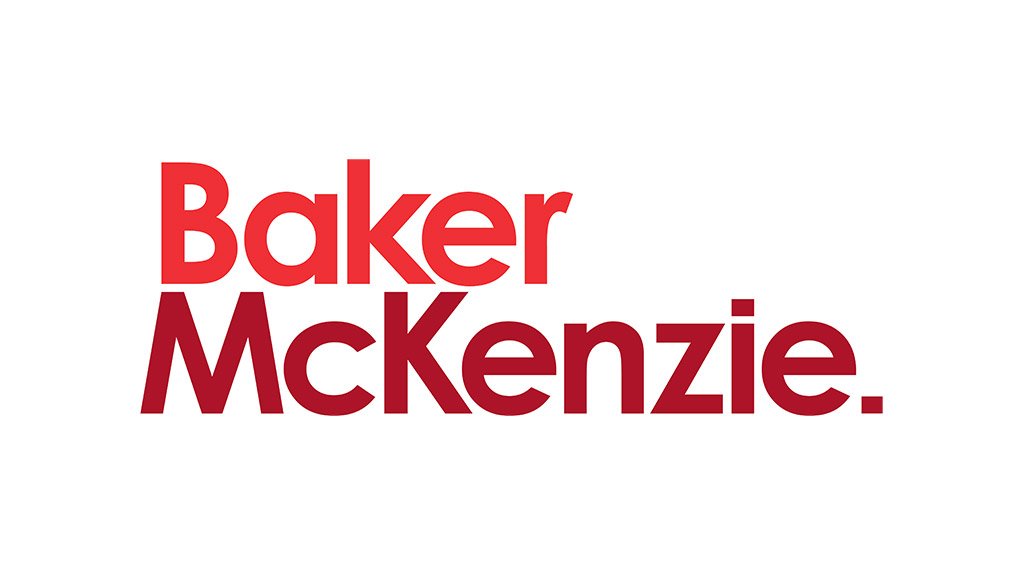Large trade unions, often representing the majority of an employer's workforce, tend to believe that they are the Goliaths of the workplace, just too big to fall. However, the Goliaths should be wary of smaller unions who have now been given a foot in the door by the amendments to the Labour Relations Act, 66 of 1995 (LRA). These amendments were recently considered in the Constitutional Court (CC) judgment, Police and Prisons Civil Rights Union v South African Correctional Services Workers' Union and Others [2018] ZACC 24 (the POPCRU decision).
The CC was tasked with considering whether a collective agreement, concluded in terms of section 18 of the LRA, prevents the employer from granting organisational rights to trade unions who do not meet the threshold requirements set out in that collective agreement.
By way of background, section 11 of the LRA defines a representative trade union as "a registered trade union, or two or more registered trade unions acting jointly, that are sufficiently representative of the employees employed by an employer in a workplace."
Accordingly, in order for a trade union to be afforded the collective bargaining rights contained in Chapter III of the LRA, that trade union has to be regarded as being sufficiently representative of employees in the workplace.
There is no magic number as to what constitutes 'sufficiently represented'. However, section 18 of the LRA allows a majority trade union, one which represents the majority of employees in the workplace, and the employer to conclude a collective agreement establishing the threshold of representativeness in order for a trade union to be afforded one or more of the organisational rights in sections 12, 13 and 15 of the LRA (Section 18 Collective Agreement).
It bears mentioning that the organisational rights contained in sections 14 and 16 of the LRA are strictly reserved for majority trade unions.
Sections 11 and 18 of the LRA would appear to favour the Goliaths of the workplace. However, the amendments to section 21 of the LRA, in terms of sections 21(8A) and 21(8C), seek to address the potential for Goliathan trade unions to abuse their dominance. These amendments allow for organisational rights to be afforded to those trade unions which (i) do not represent a majority of employees in the workplace or (ii) do not meet the threshold requirements in the Section 18 Collective Agreement.
Section 21(8C) of the LRA provides that where a registered trade union does not meet the threshold requirements of a Section 18 Collective Bargaining Agreement, a Commission may provide a trade union with section 12, 13 and 15 organisational rights, where the trade union represents a significant interest or a substantial number of employees in the workforce.
On the other hand, section 21(8A) of the LRA entitles those trade unions who are not a majority trade union to be provided with the organisational rights contained in sections 14 and 16 of the LRA, which are usually reserved for majority trade unions. A trade union would only be capable of utilising section 21(8A) of the LRA where the trade union is (a) entitled to the rights contained in sections 12, 13 and 15 of the LRA and (b), there is no other trade union in the workplace that has been awarded the section 14 and 16 rights.
The amendments to section 21 of the LRA do not alter nor do they dispense with the requirement of being sufficiently representative in order to obtain the rights contained in sections 12, 13 and 15 of the LRA. Rather, these amendments seek to provide an alternative avenue when, in specific circumstances, the Davids of the workplace do not meet the requisite threshold of representivity.
While the POPCRU decision was referred prior to the enactment of the amendments to section 21(8), the majority of the CC found that section 18 of the LRA does not prohibit collective bargaining between an employer and a minority trade union where there is a Section 18 Collective Agreement, even if that agreement was concluded prior to the commencement of section 21(8C) of the LRA. The CC noted that favouring an interpretation to the contrary would be inconsistent with the rights enshrined in the Constitution.
The CC, in arriving at its decision, held that sections 21(8A) and (8C) constitute a new regulatory framework. The CC held that section 21(8C), dealing with the awarding of organisational rights in the face of section 18 trade unions, which meet the requirement of representing a “significant interest or substantial number of employees in the workplace”. Accordingly, a minority union that has no significant interest or substantial number of employees may not be granted organisational rights by an arbitrator.
Employers and the Goliaths of the workplace are therefore reminded that, despite a Section 18 Collective Agreement being in place, such an agreement does not prohibit the Davids of the workplace from entering into recognition agreements with the employer.
Written By Lauren Salt, Senior Associate, and Rui Lopes, Candidate Attorney, Employment & Compensation Practice, Baker McKenzie Johannesburg
EMAIL THIS ARTICLE SAVE THIS ARTICLE ARTICLE ENQUIRY
To subscribe email subscriptions@creamermedia.co.za or click here
To advertise email advertising@creamermedia.co.za or click here











